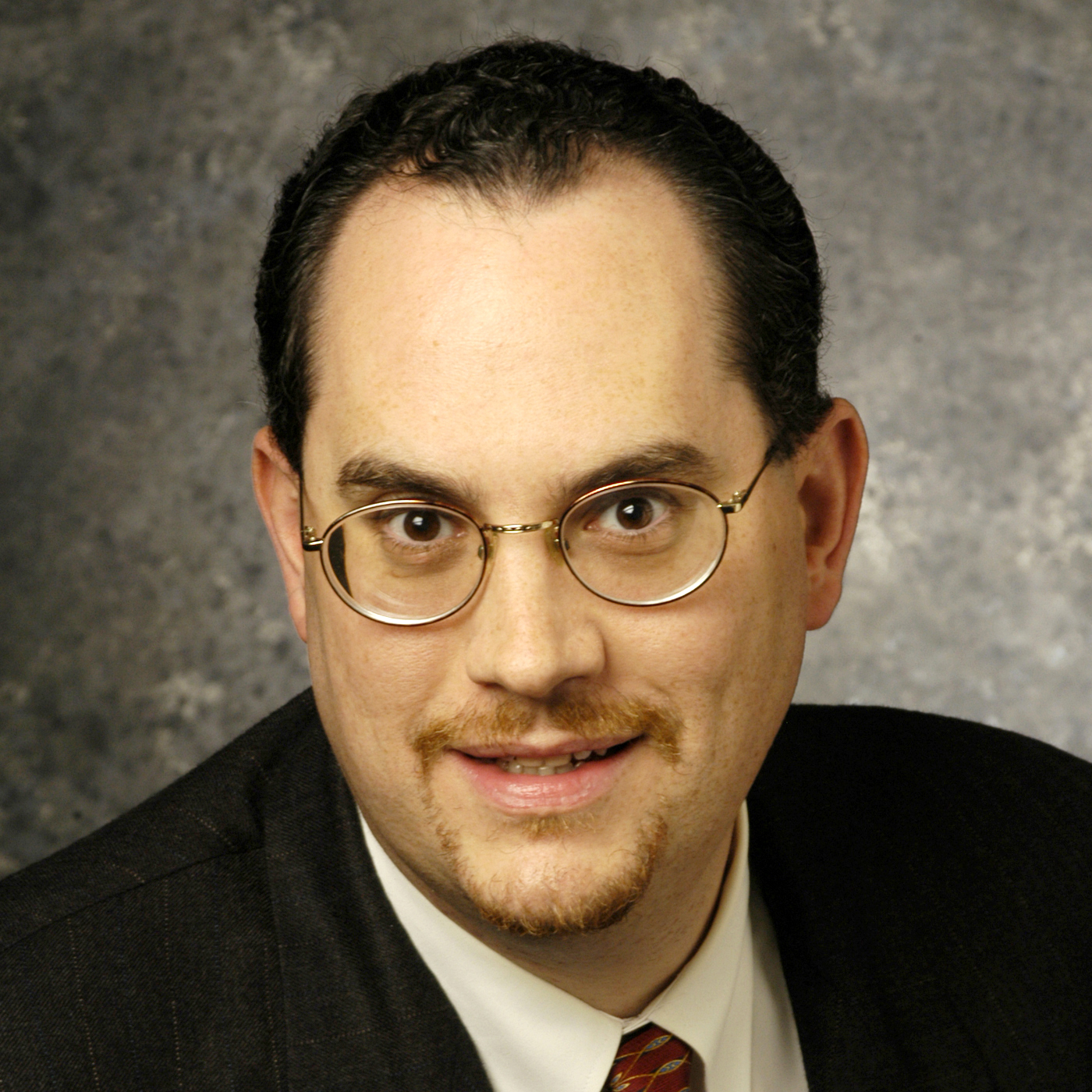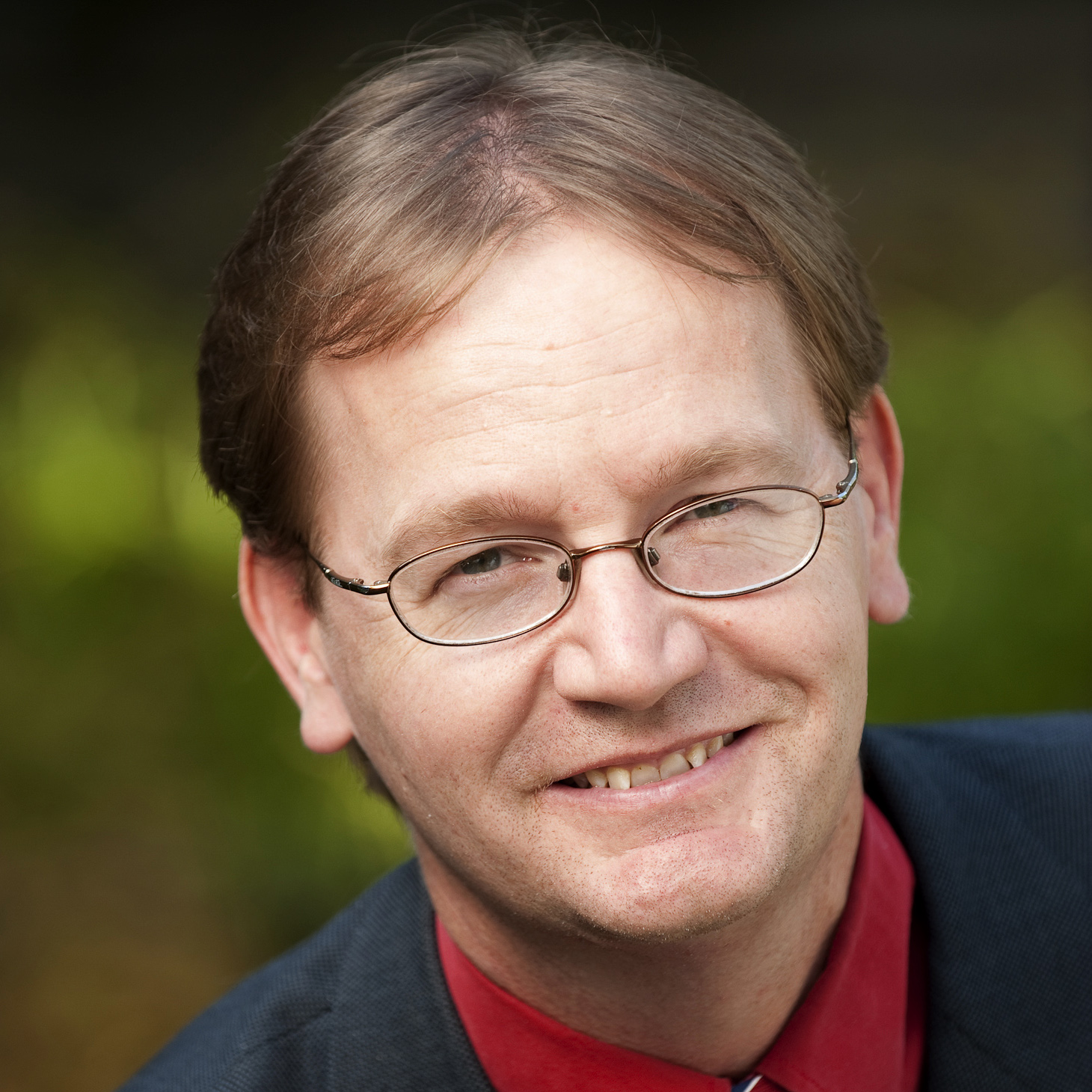Wisconsin results reveal Republican Party uniting against Trump
SMU political experts talk about how Wisconsin results reveal Republican Party uniting against Trump.
DALLAS (SMU) – SMU experts are available for interview on all things connected to the current state of the Democratic and Republican presidential nomination races.
| As Republicans Unite Against Trump, Sanders’ Call For Contested Democratic Convention Could Backfire |
|
|
It’s taken a month, but an idea pitched by former GOP presidential nominee Mitt Romney in a televised address might finally have caught on in Wisconsin: Strategic voting against Republican frontrunner Donald Trump. “It seems a lot of folks whose true first choice was John Kasich voted Ted Cruz in Wisconsin to stop Trump,” Wilson says. “Whether Cruz voters will strategically vote for Kasich in future states remains to be seen, but strategic voting showed up in a big way for the first time in Wisconsin. Republican voters are getting more savvy about strategic voting.” As a result, Wilson says, “The wheels may be starting to come off the Trump campaign a little bit. It significantly increases the likelihood of a contested convention.” A contested convention might be enough to stop Trump, but it won’t likely do anything to help Republicans realize their goal of winning the general election. Wilson says there might not be any path forward that does. “This voting against Trump instead of voting for someone else creates all kinds of problems down the road, but the Republicans don’t have the luxury of worrying about that right now because they are locked in an existential struggle with Trump forces they think are hijacking the party,” Wilson says. “If the party nominates Trump, the polls say the GOP faces catastrophic defeat. If Trump and his followers bolt, the polls show the party faces catastrophic defeat. The only way to avoid this outcome is if the Republicans nominate someone other than Trump and keep Trump reasonably onboard, but good luck making that happen.” As the Republican race barrels toward a contested convention, Bernie Sanders has turned some heads by calling for victory in a contested Democratic convention as well. But that convention might not turn out the way Sanders hopes, says Wilson. “Sanders has very few connections to the Democratic party,” Wilson says. “He’s been a fringe player – an independent from Vermont – for years. Clinton is a Democratic machine and lots of folks at the convention will owe her something one way or another, so convincing them to jump ship at the last order will be a tall order.” “The only way Sanders wins at the convention is if Hillary is damaged by something as dramatic as an indictment,” Wilson says. “Then the delegates might say, ‘OK. Let’s give Sanders a shot because we can’t nominate someone who has been indicted.’” Wilson is an SMU associate professor of political science. He can discuss:
|
|
| Don’t Fall For Narrative That Trump & Clinton Share Same Frontrunner Boat | |
|
The headlines that surround Clinton and Trump’s campaigns sometimes sound very familiar: They’re both frontrunners struggling with stubborn opponents who have pinned their hopes on winning contested conventions. Yet Martin says the reasons they’re locked in these struggles couldn’t be more different. “There’s this narrative that Clinton and Trump are in the same boat, but I don’t think that’s true because Clinton is well-liked by Democrats. Whereas if Trump were a candidate Republicans wanted, you wouldn’t have this salivating for an open convention at the top of the party,” Martin says. “Democrats like Clinton just fine. She and Sanders have equal likeability scores. I don’t think Wisconsin voters picked Ted Cruz. I think they said no to Donald Trump.” The true oddity of this election, says Martin, is the reluctance of voters to consolidate around their parties’ frontrunners. “Usually by this point, even if folks don’t love a candidate, they say they’ll get on board,” Martin says. “There wasn’t a lot of love for Romney in 2012, but by now folks had said ‘uncle.’ In 2008, there was a big fight between Clinton and Obama, and eventually folks went to Obama, but this time voters just aren’t getting on board. Sanders is still winning states despite the delegate math of a nomination being impossible. The evidence seems to be that parties don’t matter anymore.” Despite that, Martin thinks Sanders’ voters will eventually move to support Clinton after the convention. Trump’s supporters, on the other hand, might feel no such party loyalty. “Will Trump supporters’ loathing of Clinton be enough to overcome their disaffection with the Republican Party if another candidate wins a contested convention?” Martin asks. “I don’t think so.” Martin is an SMU assistant professor of Communication Studies in the Meadows School of the Arts. She can discuss:
|
|
|
New Democratic Debate A Boon For Sanders, Removes Thorn For Clinton |
|
|
After weeks of uncertainty, the Sanders and Clinton campaigns agreed this week to host a debate in Brooklyn, New York, on April 14 – five days before the New York primary. The mere scheduling of the debate could be as insightful as anything said on stage. “The big thing is that Clinton no longer believes she can simply use her frontrunner status to dismiss Sanders,” Voth says. “It’s not uncommon to be in the lead and just refuse to debate an opponent because it might lift that opponent up – Trump has successfully said no to additional debates so far. But Clinton’s campaign must have concluded that missing the debate was hurting them more than they could allow as Sanders scored points by saying she refused to debate.” The resulting New York debate might be the most visible Democratic debate of the election season. “Democrats have scheduled their debates against some really big-time events like playoff games and at odd weekend times, which kept viewership down in the past. But I don’t know of any programming competing with the debate next week,” Voth says. “And there’s no Republican debate to compete with, either.” Voth is SMU’s director of debate and an associate professor of corporate communications and public affairs. He can discuss:
|
|
###
SMU is a nationally ranked private university in Dallas founded 100 years ago. Today, SMU enrolls approximately 11,000 students who benefit from the academic opportunities and international reach of seven degree-granting schools.
21710-nr-4/7/16-kr
 MATTHEW WILSON:
MATTHEW WILSON: STEPHANIE MARTIN:
STEPHANIE MARTIN: BEN VOTH:
BEN VOTH: